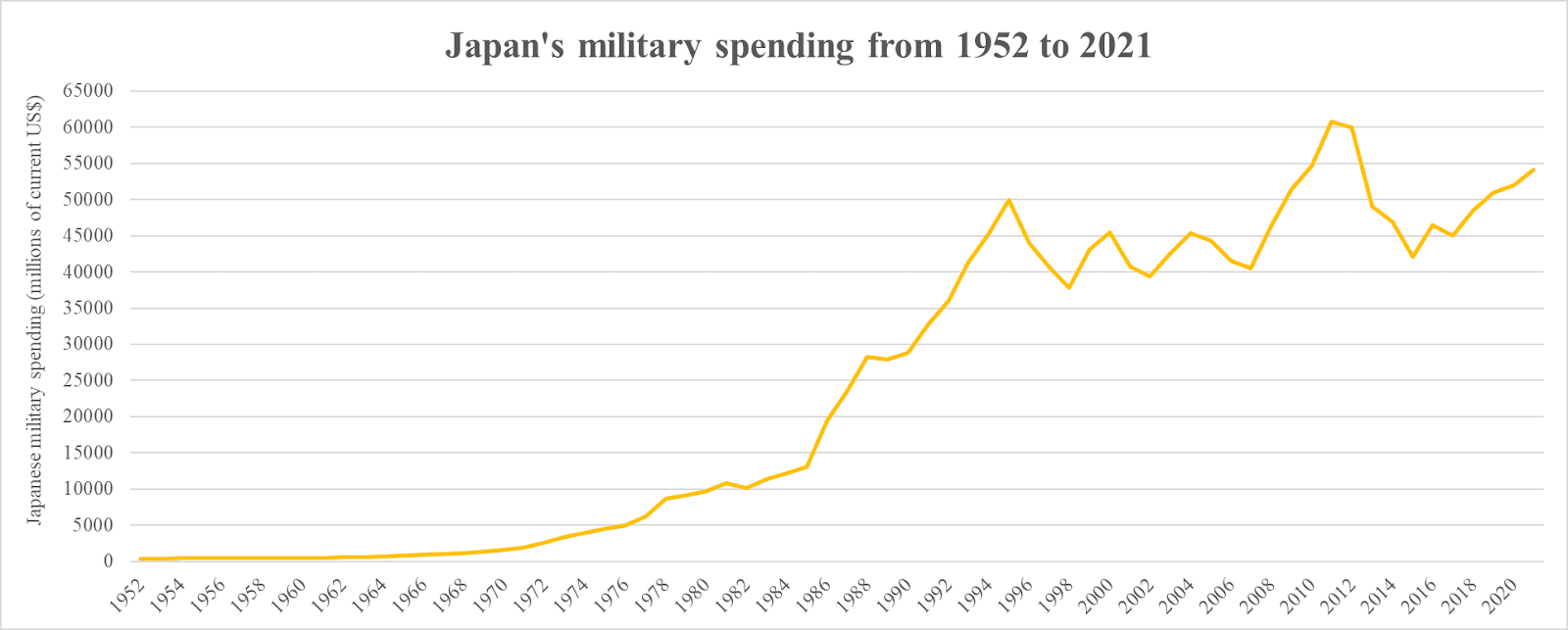Japan To Significantly Expand Its Military Spending Over Next Five Years
Fumio Kishida, Japan's prime minister, speaks during a news conference at the prime minister's official residence in Tokyo, Japan, October 4, 2021. Photo: Toru Hanai/Pool, REUTERS
On Dec. 5, Japanese Prime Minister Fumio Kishida announced that as the country seeks to build up its defense, including the use of preemptive strike, Japan will set a new target for its military spending over the next five years to 43 trillion yen ($318 billion) in total. That is about 1.5 times of the planned military spending from 2017 to 2021, which is about 27.5 trillion yen.
The goal of the increase is to finalize Japan’s “revision of its national security strategy” by increasing Japan’s military spending from 1% to 2% of its GDP. In March, 2022, the German government carried out a similar plan of increasing military spending, and the move of Japan today is considered as following Germany’s action. Both are to put themselves on par with NATO’s defense spending standard.
Yasukazu Hamada, the Defense Minister of Japan, claimed that the increase in Japan’s military spending is to firmly secure the necessities to pursue substantial reinforcement of Japan’s defense. According to Hamada, this is to tackle North Korea’s nuclear ambition and China's military activity in East Asia, both considered major threats to Japan’s homeland security.
Still, Japan’s military spending has been rising since 2017, and the recent policy is criticized for further violating Japan’s pacifist constitution since the end of World War II, while the Japanese government responded that the “strike-back” capability by the increase in military spending is only for use in case of an imminent enemy attack.
Japanese military spending has started rising again since 2017. Data: Stockholm International Peace Research Institute
The source of funding supporting the policy is also questioned. While there were plans to raise taxes to fund its military spending, some lawyers from the Liberal Democratic Party of Japan, the major party of the current ruling coalition of Japan, opposed the plan in worries of hurting domestic consumers and companies. Instead, they proposed raising more specific corporate taxes and cutting government funds for non-defense purposes. As reported, a clearer plan would be released in late December, with a tax increase postponed but still largely unavoidable.
Mao Ning, the spokesperson for the Foreign Ministry of China, criticized that Japan has played up regional tensions and seeks breakthroughs in its military capabilities, both potentially dangerous trends that could sow doubt in Japan’s ability to maintain its promise of defense-oriented military policy and peace-oriented development.
Mao continued, stressing that Japan should seriously reflect upon its history of invasion, respect the security of its Asian neighbors, and be cautious in the fields of military security, so that it can truly contribute to protecting regional stability and peace.
While South Korea has not had an immediate response to Japan’s move, on Nov. 29, South Korean President Yoon Suk-yeol vowed a united reaction with the US, Japan, and its other allies in response to North Korean nuclear tests. On the other hand, missile tests in North Korea continued on Dec. 5.
The East Asian military landscape only becomes more uncertain.


